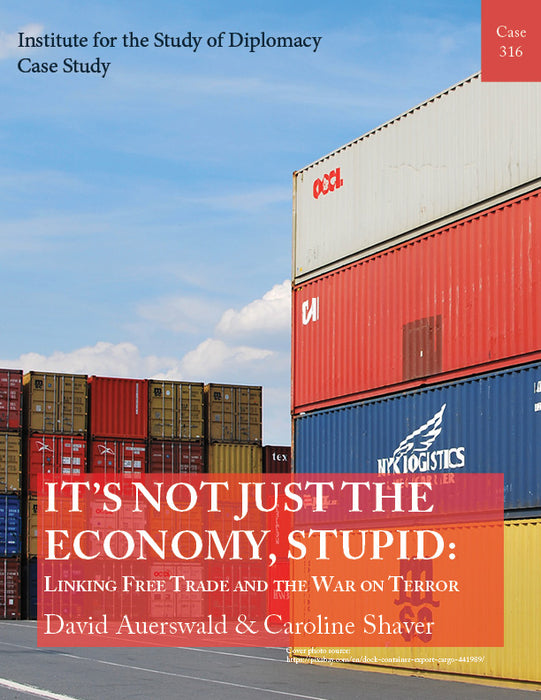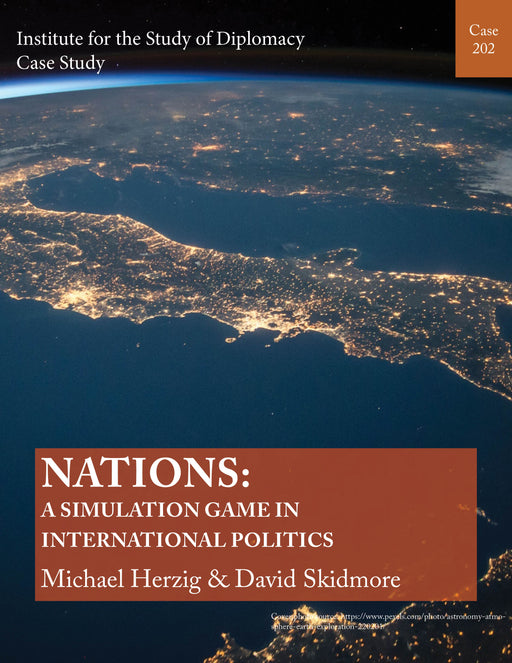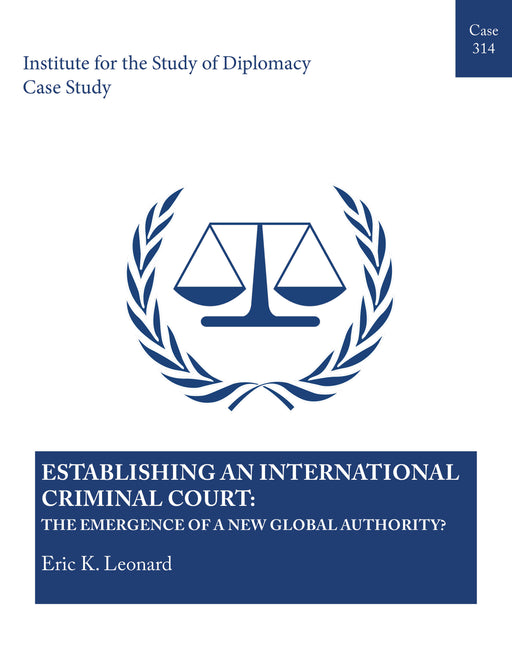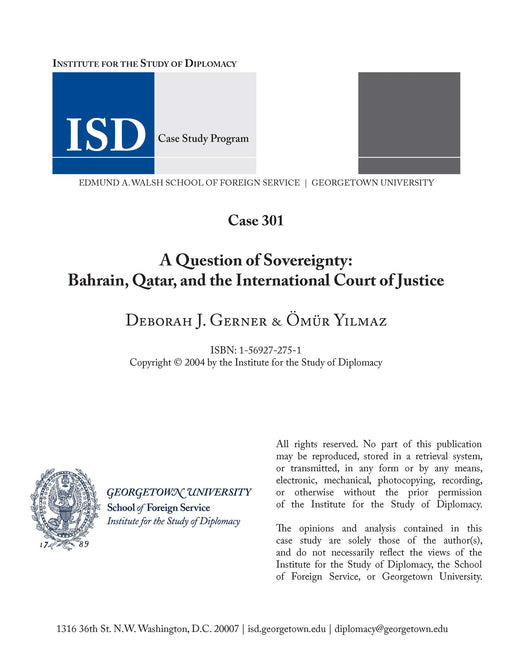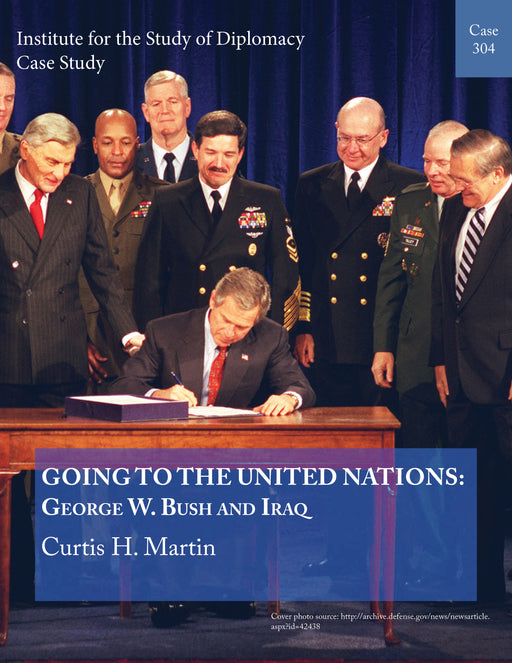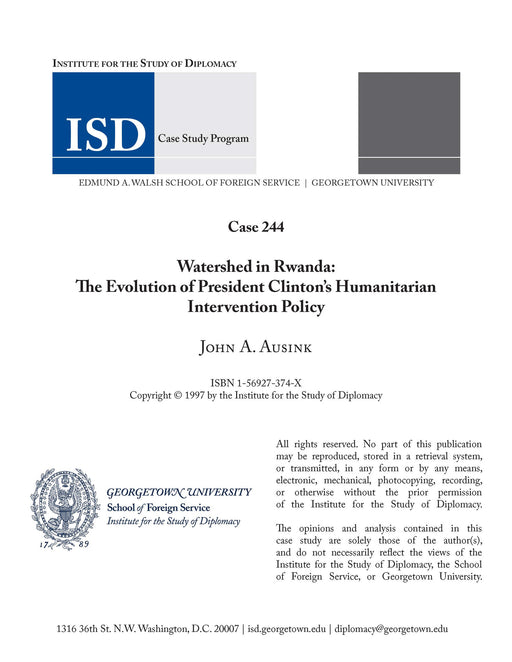Case 316 - It's Not Just the Economy, Stupid: Linking Free Trade and the War on Terror
Auerswald, David and Caroline Shaver
Between 2000 and 2004, the U.S. government pursued a series of bilateral free trade agreements with Australia, Chile, New Zealand, and Singapore. Some of these countries eventually concluded an FTA with the United States, while others did not. This case study considers two explanations of U.S. behavior toward these countries. The first focuses on purely economic concerns: Was a free trade agreement in the economic interests of the United States as a whole, and/or of major U.S. industries and sectors of the economy? The second focuses on the use of trade to leverage or reward broad security cooperation with the United States, particularly after the 9/11 attacks and during the buildup to the Iraq War. The study then reviews the outcome of each set of negotiations in terms of which framework it better fits into.
The narrative is divided into three parts. The first discusses the rationales, for free trade as well as the procedural steps required for a free trade agreement in this country. It also assesses the economic benefits of free trade and how trade agreements could be used to entice cooperation on unrelated security issues, in much the same way as economic sanctions are used to punish unwanted behavior and coerce states to change their behavior for the better. The second section reviews the economic rationale for bilateral free trade agreements between the United States and each of the four countries. Part three discusses the major security policies of each country as they reacted to the September 11, 2001, terrorist attacks on the United States, as well as the U.S. invasion of Iraq in 2003. Part four reviews the eventual outcome of each FTA negotiation.

